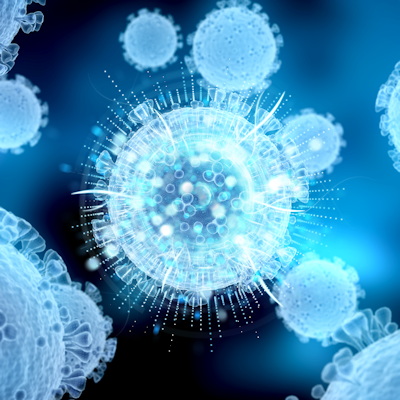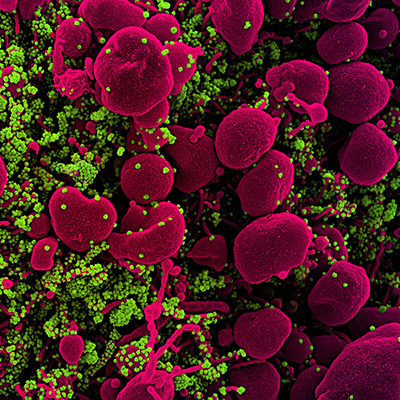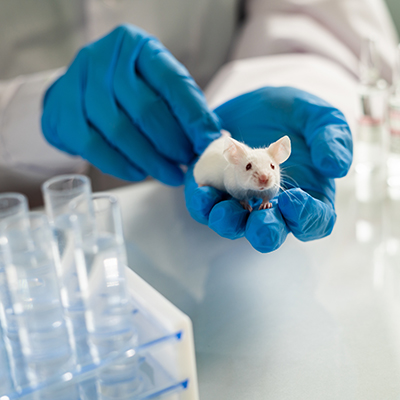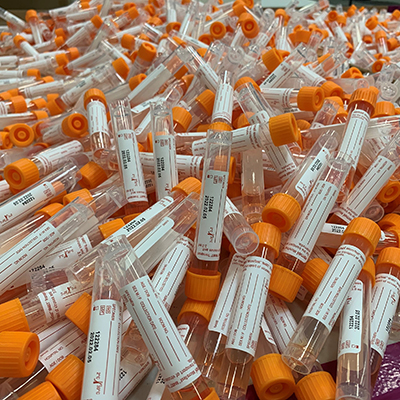September 1, 2020 -- Orpheris said that the first patients have been enrolled in a phase II trial to assess its OP-101 compound for treating hospitalized adults with severe COVID-19.
The study will be led by investigators at academic medical centers such as Johns Hopkins Hospital, Emory University, Loma Linda University Health, and the University of Texas Health Science Center at Houston. Invented at Johns Hopkins University, OP-101, a compound created by the conjugation of N-acetyl cysteine to a hydroxyl dendrimer, selectively targets immune cells responsible for hyperinflammation in patients with severe COVID-19, Orpheris said.
The study, called OP-101 to Arrest Hyperinflammation in COVID-19 Patients (PRANA), is a randomized, double-blind, placebo-controlled phase II clinical study that will enroll approximately 24 patients. The primary endpoint will be safety and tolerability; secondary endpoints including efficacy as measured by: resolution of fever, improvement in oxygenation, discharge from clinic or hospital, number of days free from a ventilator, number of days in the intensive care unit, hospitalizations and deaths, among other measures. It will also evaluate the effect of OP-101 in reducing blood levels of c-reactive protein, ferritin, and interleukin-6 after a single dose of OP-101.
Orpheris said it expects to receive initial data from the phase II proof-of-concept study in the fourth quarter of 2020. The company has also discussed an expansion of the study into a double-blind, placebo-controlled COVID-19 trial with the U.S. Food and Drug Administration. That study is expected to include up to 20 sites after the results from the ongoing stage are evaluated, according to the firm.
Copyright © 2020 scienceboard.net











